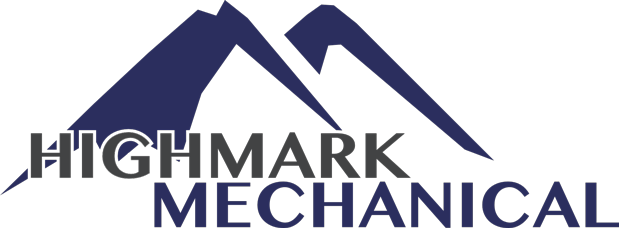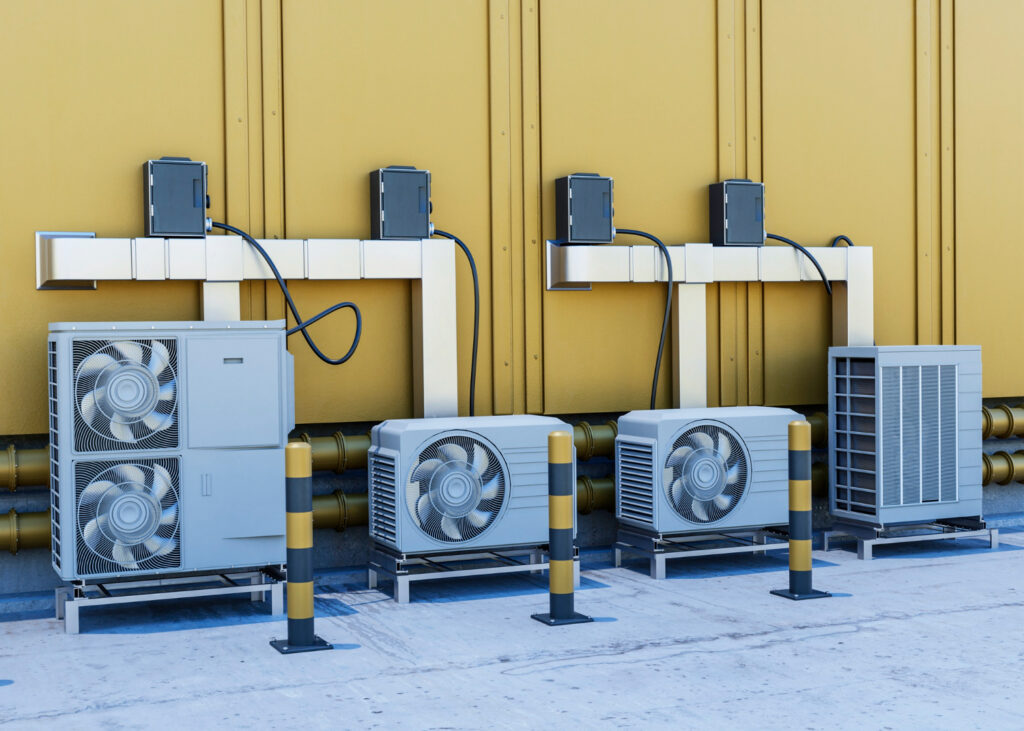The Silent Workhorse of Commercial Spaces
Behind the scenes of every bustling office building, retail space, or medical facility lies a network of intricate systems that make daily operations smooth and seamless. Among these, the HVAC system stands as a silent workhorse—constantly regulating temperature, purifying air, and ensuring a comfortable environment. It’s easy to overlook this essential system, especially when it’s functioning correctly. However, just like any finely tuned machine, consistent care and maintenance are vital to keep it operating at peak performance.

The Cost of Neglect
It often begins with subtle signs: a room that never quite reaches the right temperature, an increase in humidity, or an unusual odor wafting through the vents. These are the early warnings that something may be amiss with the HVAC system. Left unattended, these minor issues can evolve into major disruptions. An unexpected breakdown doesn’t just lead to discomfort—it can result in halted operations, costly emergency repairs, and even damage to property.
For commercial property owners, downtime means more than inconvenience. It could mean lost business, decreased productivity, and a tarnished reputation. Regular HVAC maintenance serves as a preventive measure against such costly disruptions. By scheduling routine inspections and servicing, property managers can detect and address small problems before they escalate.
Energy Efficiency and Cost Savings
Commercial spaces consume a significant amount of energy, with HVAC systems accounting for a large portion of that usage. Over time, components such as filters, coils, and ducts can accumulate dirt and debris, forcing the system to work harder to maintain the desired temperature. This not only leads to increased energy consumption but also higher utility bills.
Regular maintenance ensures that all components are clean and functioning efficiently. Proper lubrication, timely filter changes, and calibration of thermostats all contribute to optimal performance. An efficiently running HVAC system not only conserves energy but also translates into significant cost savings over the year. In some cases, property owners have reported reductions of up to 30% in energy costs simply by adhering to a consistent maintenance schedule.
Prolonging Equipment Life
Commercial HVAC systems represent a substantial investment. With proper maintenance, these systems can serve a building effectively for many years. Neglect, however, accelerates wear and tear, shortening the lifespan of critical components.
Think of it like this: a car owner who changes the oil regularly and conducts routine checks can expect the vehicle to run reliably for years. The same logic applies to HVAC systems. Regular maintenance acts as a safeguard, prolonging the life of equipment, reducing the need for premature replacements, and maximizing the return on investment.
Health and Indoor Air Quality
In commercial spaces, especially those with high foot traffic, the quality of indoor air plays a critical role in the health and well-being of occupants. Poor air quality can contribute to respiratory issues, allergies, and the spread of airborne illnesses. In the workplace, this can lead to increased sick days and reduced employee productivity.
HVAC systems are integral to maintaining healthy indoor air quality. They filter out dust, allergens, and pollutants, ensuring a clean and breathable environment. However, when filters are clogged and ducts are dirty, the system can circulate contaminated air. Regular maintenance, including filter replacement and duct cleaning, ensures that the air remains fresh and healthy for everyone in the building.
Compliance and Liability
Many commercial properties are subject to regulations concerning air quality, temperature control, and energy efficiency. Failure to maintain HVAC systems can lead to non-compliance, resulting in fines or legal action. Moreover, in the event of an HVAC-related issue, such as a carbon monoxide leak or a fire, property owners could face liability claims.
Routine maintenance records provide documentation that systems are properly cared for and compliant with regulations. This not only offers peace of mind but also legal protection in the event of an incident.
The Seasonal Advantage
Certain maintenance tasks are best performed at specific times of the year. For instance, before the summer heat or winter chill sets in, a comprehensive inspection ensures that the HVAC system is ready to handle the demands of the season. This proactive approach prevents seasonal breakdowns and ensures uninterrupted comfort.
Seasonal maintenance also allows for scheduling flexibility. Property managers can plan servicing during off-peak hours, minimizing disruption to business operations.
A Sustainable Approach
Sustainability is becoming a key priority for many businesses. Efficient HVAC systems contribute to reduced carbon footprints by consuming less energy and emitting fewer greenhouse gases. Moreover, well-maintained systems are less likely to require the disposal of components, reducing waste.
By committing to regular HVAC maintenance, commercial property owners align with environmental responsibility while also benefiting from cost savings and enhanced brand reputation.
Partnering with Professionals
While some maintenance tasks can be handled in-house, the complexity of commercial HVAC systems often requires professional expertise. Trained technicians have the tools and knowledge to perform comprehensive inspections, identify potential issues, and carry out necessary repairs.
Partnering with a reliable HVAC service provider ensures that maintenance is performed to the highest standards. Many providers offer maintenance contracts, which include scheduled visits, priority service, and discounted rates—making it easier for property managers to stay on top of system care.

A Future-Proof Investment
As technology advances, HVAC systems are becoming smarter and more efficient. Incorporating smart thermostats, automated controls, and energy monitoring tools can further enhance system performance. However, these innovations also require regular updates and calibration to function correctly.
Routine maintenance ensures that even the most advanced systems operate as intended, safeguarding the investment in modern technology and providing a future-proof solution.
Conclusion
Regular HVAC maintenance is not just a routine task—it’s a strategic investment in the comfort, health, and efficiency of a commercial property. From cost savings and energy efficiency to compliance and sustainability, the benefits are far-reaching.
In a competitive business environment, where every detail matters, ensuring that the HVAC system is in top condition sets a commercial property apart. It’s a commitment to excellence, reliability, and long-term success.

